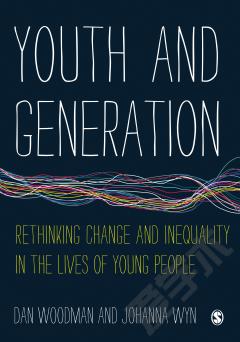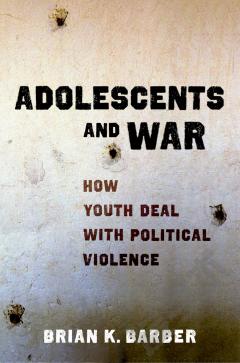Being boys —— Youth, leisure and identity in the inter-war years
----- 做男孩子:两次世界大战期间的青年,休闲和身份
The history of Britain during the two inter-war decades could be characterised by reference to a process by which, while the nation still clung to many of its pre-1914 imperial certainties (which in many ways still defined British identity), society was exposed to, and ?Britishness? to a degree undermined by, the forces of Americanisation. These were felt most significantly through the twin institutions of the dance-hall and the picture palace. Americanisation found no more willing participants than substantial sections of the young, many of whom wanted to reject the values of the Great War generation, who by 1935 many youngsters felt they had little in common with. It is in this context that Being Boys can usefully be located, as it explores the personal and public lives of young men as they made the journey through to manhood, and interacted with both imperial and non-imperial organisations, institutions and cultures in the 1920s and 1930s. Using her father Les?s diaries (written in the 1930s when he was himself a Northampton teenager), as a starting point (and a source to which the author returns at regular intervals), Being Boys offers a fresh perspective on youth by putting particular emphasis on ?emotional experiences and often tentative self-making? of this age group
{{comment.content}}








 京公网安备 11010802027623号
京公网安备 11010802027623号